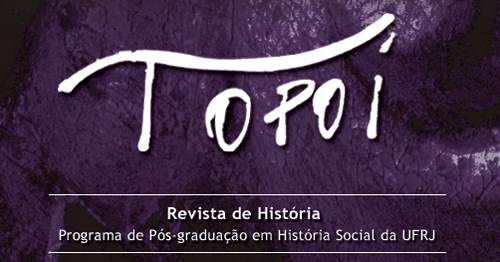ABSTRACT
This article discusses how the liberals of the Republic of 1946 interpreted Western History and, within it, the History of Brazil. It contributes to the literature on the history of political thought, having as its main theoretical influences Reinnhart Koselleck’s interpretation of the concept of progress in the philosophy of the history of modernity and John Pocock’s considerations on the relationship between langue and parole in the study of political languages. We argue that the context surrounding the logic of administrative centralization and economic planning that emerged during that context gave Brazilian liberalism a specific shape, which cannot be sublimated by looking at the ideology from a long-term perspective. Those affiliated with liberalism during this period shared the understanding that achieving progress would be to overcome the problems of historical formation bequeathed to Brazil, and their interpretation of history can be seen in both the criticism and praise of policies adopted between 1946-1964. This study is relevant not only because it helps to understand the long-standing dilemmas associated with Brazilian liberalism, but also because it seeks to show how specific contexts can change political language.
Keywords
Liberalism; Brazilian Political Thought; Intellectual History; History of Historiography; Republic of 1946
